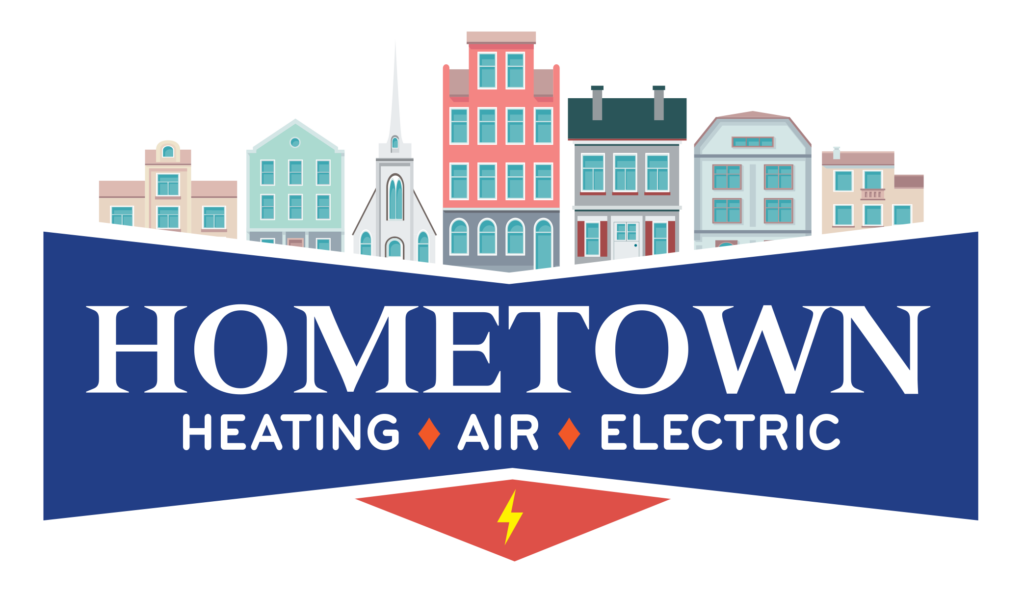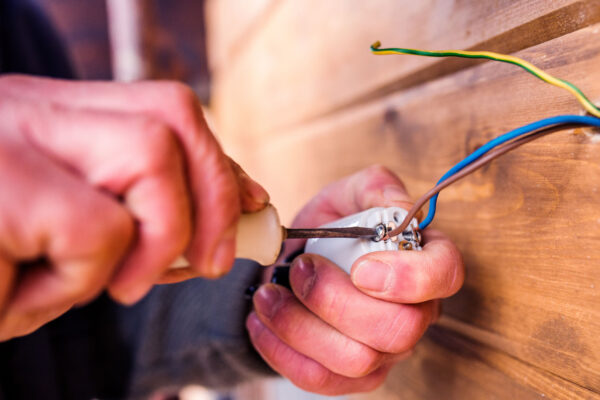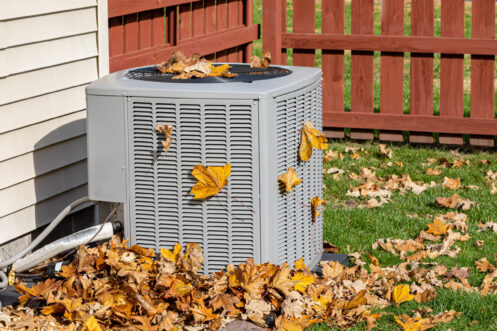Electrical problems can often be very frustrating and dangerous. However, with regular maintenance and a proactive approach, you can prevent many common electrical issues. Following a few tips can help save you a lot of stress, and you are much less likely to deal with any major electrical problems in your home. Here is an overview of the most common electrical issues that can be avoided.
1. Overloaded Circuits and Outlets
A common cause of electrical issues is overloaded circuits and outlets. For example, plugging too many devices into one outlet or using an extension cord improperly can lead to overheating, electrical fires, or circuit breaker trips. One way to avoid overloading outlets is by using only one high-wattage device per outlet. It’s also a good idea to install additional outlets if needed to accommodate your devices.
2. Dimming Lights
Flickering or dimming lights can often happen because of loose connections, faulty wiring, or overloaded circuits. You can prevent this problem by making sure the light bulbs are properly screwed into their sockets. It’s also important to check for any loose or frayed wiring around light fixtures and outlets. You can reduce the load on the circuit by unplugging unnecessary devices.
3. Damaged Electrical Outlets
Damaged electrical outlets can be a fire hazard and should be addressed immediately. It’s essential to inspect outlets regularly for signs of wear, such as cracks, discoloration, or loose connections. You also need to replace damaged outlets with high-quality units and avoid yanking cords out of the outlet, as this can damage both the cord and the outlet.
4. Frequent Circuit Breaker Trips
Circuit breakers are specifically designed to trip whenever they detect a problem, such as an overloaded circuit or a short circuit. You can minimize the frequency of circuit breaker trips by making sure your home’s electrical system is up to date and can handle your current electrical demands. Unplug devices that are not in use to reduce the load on your electrical system.
5. Faulty Light Switches
Malfunctioning light switches can be both an annoyance and a safety hazard. It’s recommended to inspect switches regularly to avoid any issues. You will need to replace worn or damaged switches and turn off the power before attempting any electrical repairs or replacements. Reaching out to an electrician is always recommended.
6. Electric Shocks
Electric shocks can be extremely dangerous and are often the result of faulty wiring, damaged outlets, or a lack of proper grounding. You can minimize the chance of electrical shocks by installing GFCI outlets in areas where water and electricity are likely to come into contact. You will need to ensure that your home’s electrical system is properly grounded.
7. Aging or Damaged Wiring
Old or damaged wiring can lead to a variety of electrical issues, including short circuits, flickering lights, and electrical fires. You can prevent problems caused by aging or damaged wiring by reaching out to a professional for regular electrical inspections, which is especially important if your home is older or has a history of electrical problems. It’s also important to replace any damaged, frayed, or exposed wiring as soon as possible.
8. Aging or Damaged Wiring
Any loose connections can lead to flickering lights, intermittent power loss, and even electrical fires. Taking the time to inspect outlets, switches, and light fixtures is essential in taking care of this issue. You will need to tighten any loose connections and replace damaged components. Consult with a licensed electrician if you suspect that your home has loose connections or other electrical issues that you cannot address on your own.
Why Proper Maintenance is Important
Preventing common electrical fixes starts with proper maintenance. This proactive approach can help you avoid potential issues and reduce the risk of electrical problems. Working with an experienced electrician is always recommended if you ever need to schedule repairs or maintenance.
Hometown Heating, Air & Electric provides heating and cooling installation and repair services. We also specialize in electrical services for customers in Cedarburg and the surrounding areas. Delivering the best available services at an affordable price is always a high priority. Our team is also happy to answer questions and discuss tips on how to keep your home well-maintained. Call Hometown Heating, Air & Electric today to learn more about our services.


